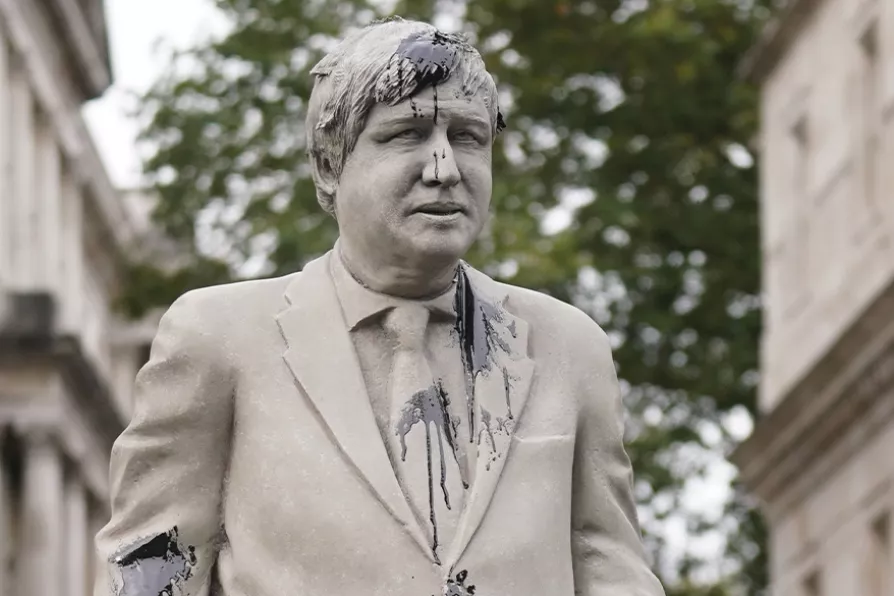By pressuring Mexico to halt oil shipments, Washington is escalating its blockade of Cuba into a direct bid for economic collapse and regime change, argues SEVIM DAGDELEN

 A statue of Boris Johnson covered in oil
A statue of Boris Johnson covered in oil
WITH his wretched, inept, self-serving and typically duplicitous performance at the Covid inquiry, many would like to forget disgraced former Prime Minister Boris Johnson ever existed.
If we look back through history, we can see many examples when unsavoury characters (and some blameless) were totally erased from the public record, in terms of both writings and physical memorials.
This removal came to be known by the Latin phrase coined in a German academic thesis in 1689 as “damnatio memoriae” meaning “condemnation of memory.”
Forget-me-not
Back in the bad old days of the Roman empire (and more recently in the former USSR, China, North Korea, and previous Warsaw Pact countries), those who were thought to have disgraced the honour of the state — or were inconvenient reminders of how the present occupants got there — were swiftly expunged from official memory.
After his fall and execution in AD 31, the emperor Tiberius’s “Partner of my Labours,” the super-ambitious Praetorian Prefect Sejanus became a non-person, and to make sure of this, his former wife and their children, plus his extended family and supporters were also rubbed out. A scene memorably depicted in the classic 1976 BBC series I, Claudius.













